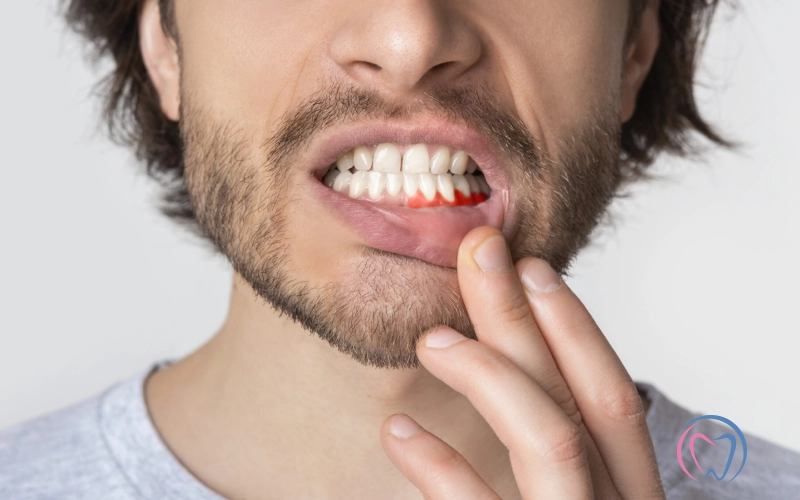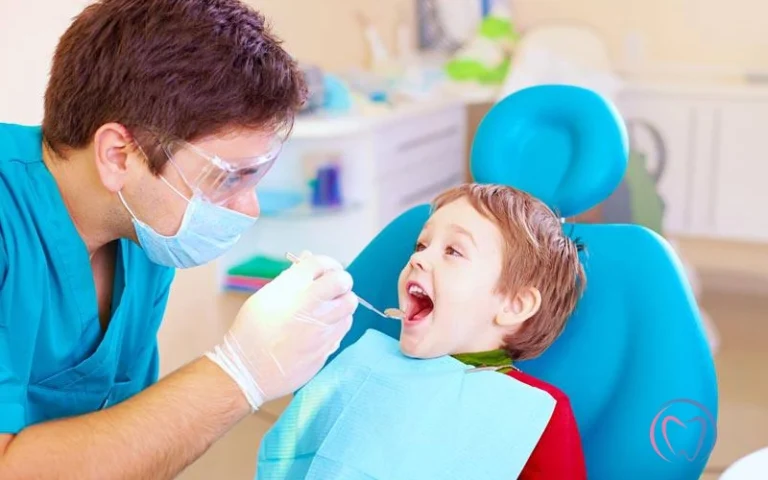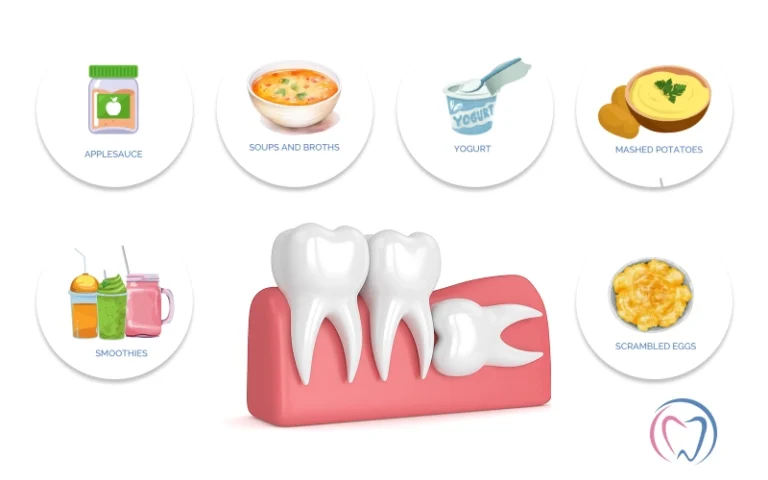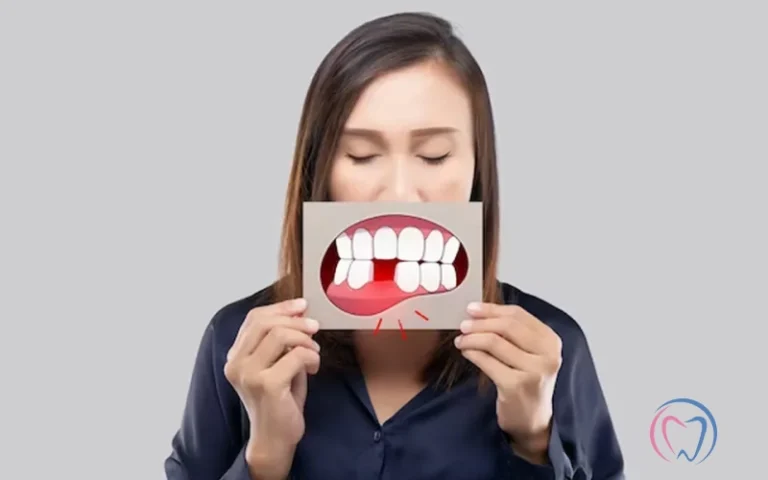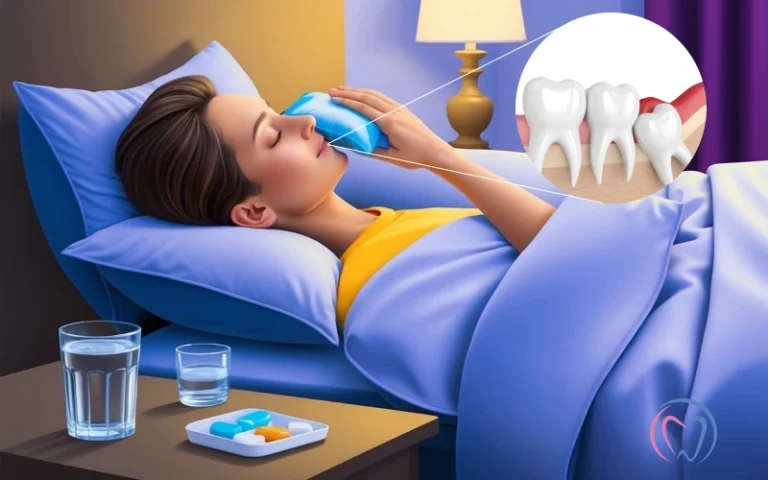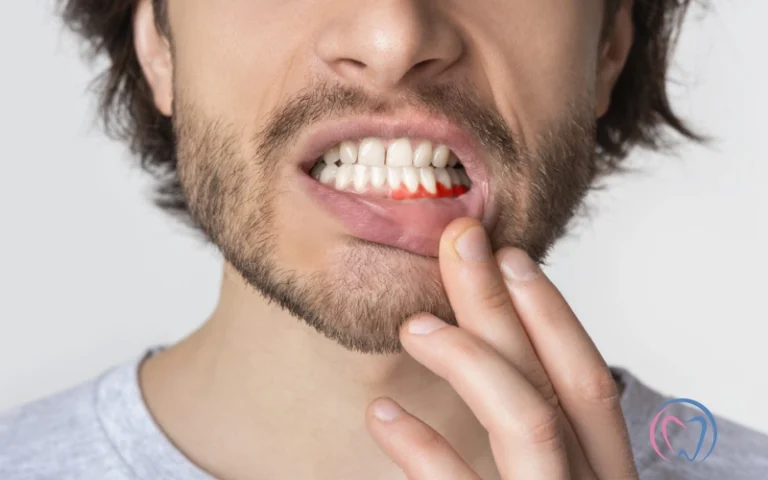If you ever experienced a peculiar tingling or itching sensation in your gums? While it may seem like a minor annoyance, itchy gums can be a sign of underlying issues that should not be ignored.
To maintain better oral health and comfort, it is important to learn about the causes of itchy gums and how to treat them.
Common causes of itchy gums
- Gum disease is one of the most prevalent causes of itchy gums. The early stage of gum disease results in inflammation, redness and itching. If left untreated, it can progress to periodontitis, which may cause serious damage to your gums and jawbone.
- The use of food, toothpaste, dental products or certain materials during dental work can lead to allergic reactions that can itch the gums or roof of the mouth.
- The gumline can become irritated and itchy or feel uncomfortable when plaque builds up due to inadequate brushing or flossing.
- Hormonal changes that occur during pregnancy, menstruation or menopause can cause an increase in blood flow to the gums, leading to itching or sensitivity.
- The mouth and gums may become dry and itchy due to a lack of saliva. This can be caused by medications, dehydration or certain health conditions.
- Itching is a common symptom of the healing process after dental treatments such as cleanings, fillings or surgery.
- Fungal infections like oral thrush can cause a range of symptoms, including sore or itchy gums, a burning sensation or white patches in the mouth.
Treatments and solutions
- To improve your oral hygiene, make sure to brush and floss twice a day, floss daily. And consider utilising an antibacterial mouthwash to reduce plaque and bacteria.
- If the itch lasts longer than a few days or is accompanied by swelling or bleeding, consult a dentist. Detecting dental problems early can help avoid more severe ones.
- To avoid dry mouth and keep oral tissues moist, it is best to drink plenty of water.
- If you think you may be allergic to a food or oral care product, try eliminating it from your routine and keep a record of any changes. In case of need, consult an allergist.
- If you are diagnosed with oral thrush, your dentist may recommend antifungal treatments or mouth rinses.
- To reduce symptoms of gum itch caused by diabetes or hormone imbalances, working with your healthcare provider to manage these conditions can be helpful.
Although occasional itchy gums may be harmless, a dental professional should be consulted if there is persistent or severe discomfort. It is possible that it is a sign of something more serios that requires medical attention.
It is important to take care of your gums as much as you do your teeth. With the right care and attention you can keep your smile healthy, comfortable and itch-free.

